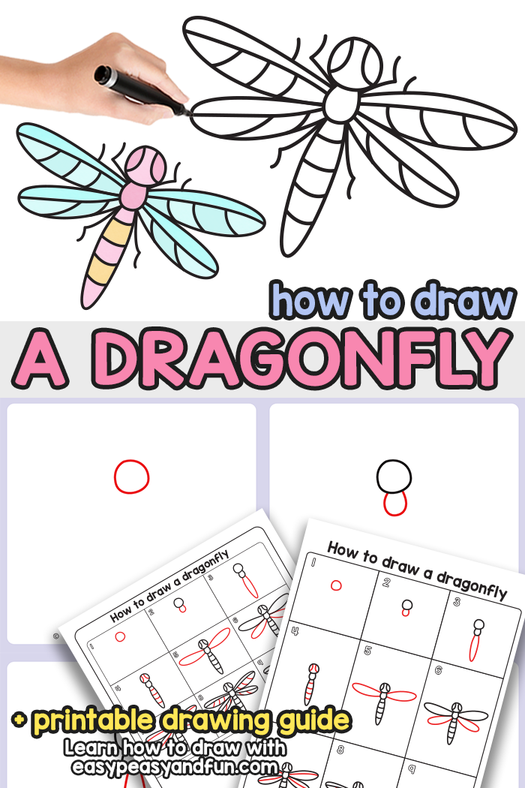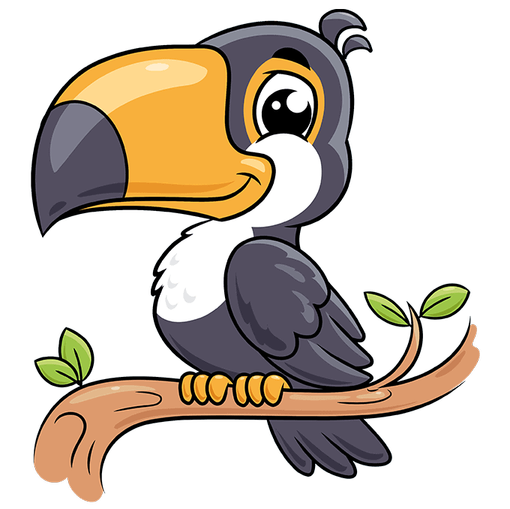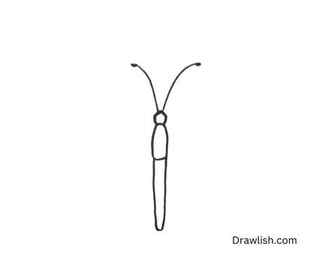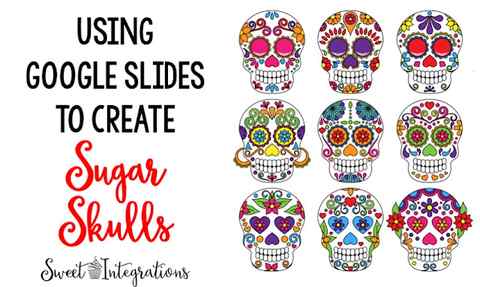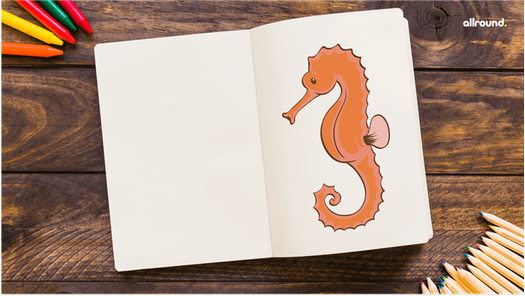Workshops
dot-art Schools works with a wide range of artists to offer your school artist-led workshops, from one day to an entire project or arts week, in a variety of different techniques, media and subjects. All our workshops are delivered by experienced artists with full DBS clearance and public liability insurance, and can be tailored to meet your specific requirements.
How It Works We know that you may not have the time to search for reliable, professional and talented artists to work with your school. We have done the hard work for you and put together a range of one day, hands on sessions for your pupils to get creative. If you don’t see what you are looking for below, or would like a tailored session for a particular topic, activity or event, please get in touch – we are happy to help!
We have a flat rate of £275 per day for those participating in dot-art Schools and £295 for non-participants, plus materials.
Our Workshops
Primary School
- Creativity in the Forest
- Chinese Brush Painting
- Tremendous Trees
- Colour Blending
- Drawing Tips and Tricks
- Colour Theory: Kandinsky and Klimt
- Hand Painting and Creating
Primary & Secondary School
- Anna Atkins / Sunprints
- Analogue Adventures
- Featuring Faces
dot-art Schools can also offer artist led INSET sessions for teachers and staff. Please get in touch for more details.
Meet The Artists
Madeleine Pires is an artist who produces colourful and vivid oil paintings. She also has a qualification in teaching English as a Foreign Language from Cambridge University. She worked as a bilingual teaching assistant in a Montessori nursery school and Early Years department at Oporto British School, Portugal, while gaining a level 2 qualification in professional practice from the London College of Teachers. Since being back in the UK, Madeleine has worked part-time as a private tutor of primary and secondary school aged children in English and Art, and is actively involved in her own children’s school where she runs an after-school “Fine Art” course.
Duane Chong
Duane has extensive experience of lecturing and managing in early childhood education and care. Duane was Sure Start Programme Manager at one of the first programmes in the UK, and co-ordinated the Children First Forum at NML Liverpool, providing creative opportunities for children and young people. Duane developed and co-ordinated the early years programme for Merseyside’s Find Your Talent initiative in 2006.
For ten years Duane lectured in education and childhood studies across Merseyside and North Wales, during which he collaborated with Natural Resources Wales to provide Forest School training for undergraduate student teachers in North Wales. During this time, Duane saw how important the natural environment was, not only in providing opportunities to engage in all aspects of the curriculum but also in enhancing individual’s health, social and emotional wellbeing.
Duane founded Grow-Wellbeing CIC in 2018 as a social enterprise, with the aim of supporting diverse communities to access the natural environment and, through forest school, helping to nurture future guardians of the planet. Duane is a Forest School Level 3 qualified practitioner and a Therapeutic Forest CIC Approved Practitioner.
Rachel Brewster-Wright
I’m Rachel and I am a vintage photographer, artist, sessional musician and university lecturer. I work with a wide variety of arts, community and educational organisations across all ages (8+ to adult) through my business Little Vintage Photography, looking at mindful analogue photographic processes, visual storytelling and the convergence of traditional and modern technology through STEM and the arts. I work across both education and entertainment, running “Discover & Create” workshops and courses and collaborate closely with heritage, craft, art, literacy, science and tech sectors to combine the science and engineering of traditional photography with modern technology in order to produce creative and artistic output in a slower, more mindful way. I also co-host the UK”s Analogue Photography Podcast and am contributing author for analogue photography industry blogs. I was honoured to be listed as a Role Model for Innovate Her/Liverpool Girl Geeks and given the opportunity to exhibit for several galleries across the UK.
Phil Disley
Born in 1971 Phil moved from a Diploma in Art to studying a Graphics degree at Northumbria University. Today, Phil is acknowledged as one of Britain”s foremost Illustrators. From modest beginnings with a first illustration in the Big Issue in 1993, his work has regularly appeared in such esteemed publications as The Times, The Guardian, The Spectator, The Financial Times, The London Evening Standard, Esquire, GQ Magazine, Tatler and Marketing Week. Oxford University Press has commissioned illustrations for many educational publications with Harper Collins and Little Brown Book Group engaging Phil for several book covers.
Working in numerous schools, Phil has spoken at workshops for teachers, careers talks for year 12 students and delivered art lessons for all ages from reception class upwards.
To book a session or to find out more, please call us on 0345 017 6660 or email [email protected].
Art Overview
Year 3 Charcoal and Pastel Cave Paintings
Year 6 Hepworth Sculpture Sketch
Year 1 apply their paint and colour skills to create ‘Kandinsky’ paintings
Year 4 Still Life Texture Work
Here’s what our children say about Art at The Mount.
“It doesn’t have to mean anything. It just has to be yours.” – Year 3
“You express your creativity.” – Year 3
“Art describes your personality. It lets you express your feelings on that piece of paper.” – Year 4
“Art is calming, passionate and peaceful.” – Year 5
“Art is something that you put effort into to improve.” – Year 6
“It gives you time to relax.” – Year 6
How do you improve in art?
“By practising.” – Year 1
“Look back at your other work and make changes.” – Year 3
“Listen to new techniques.” – Year 4
“Add expression into your work.” – Year 4
“Learn from other people.” – Year 4
“Use your resilience.” – Year 5
“Take your time and don’t rush.” – Year 6
“Practise using lots of different techniques.” – Year 6
How do you feel during art lessons?
“Really good because you can draw amazing stuff!” – Year 1
“I feel excited and confident.” – Year 2
“Excited to learn new things.” – Year 3
“Concentrated and focused.” – Year 3
“Comfortable and free.” – Year 5
Why do people make art?
“To draw the best drawing ever.” – Year 1
“To get better and better.” – Year 2
“So people can make money.” – Year 3
“To calm themselves.” – Year 3
“To travel into a new universe and express your creativity.” – Year 4
“It makes them happy.” – Year 4
“To let their feelings out.” – Year 5
“People do art as their job or as a hobby.” – Year 5
“To inpsire others.” – Year 6
Contact Us
Thornes Road, Wakefield, West Yorkshire , WF2 8QW
01924 371738
Copyright © The Mount Junior, Infant & Nursery School 2023. Our website is built using School Jotter 3, from Webanywhere.
Select language
Art and Design
The subject leader for Art and Design is Miss Fletcher.
Why we teach Art
At The Mount Primary School our art and design curriculum will inspire children to engage with art. The curriculum equips pupils with the knowledge and skills to experiment with techniques and create their own works of art.
The aims of our art and design curriculum are:
- To develop children’s ability to control materials, tools and techniques.
- To enable children to create art from first-hand experience and their own imagination.
- To develop an appreciation and enjoyment of works by artists, craftspeople and designers.
- To enable children to think critically about their art work and reflect these in their artistic choices.
- To record children’s artistic journey in sketchbooks.
How we teach Art
Our pupils develop their skills and ideas through the use of sketchbooks, exploring artist’s work and techniques and evaluating their own works of art. Children will start to experiment with techniques used by artists and make decisions based on their outcomes.
As children progress, they will have opportunities to think critically and develop their understanding of Art and Design. They will share this through discussion, written work and evaluations.
Teachers plan carefully to ensure that children are exposed to works of famous artists and sequence learning to build upon skills learnt previously. Children spend time learning or researching artists to discover more about the history of art.
